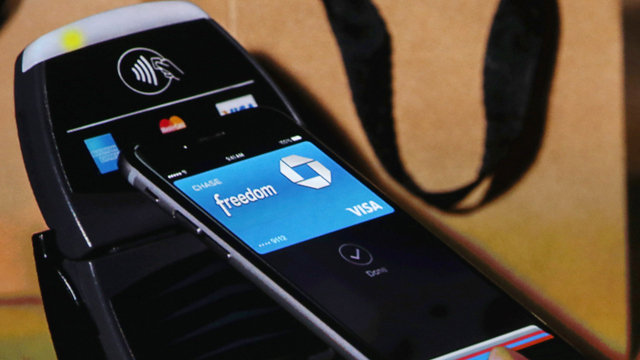5 Online Travel Agents shaping the travel industry in the Middle East
One of the youngest regions of the world with over 50% of the population aged between 18- 34, travel in United Arab Emirates is largely influenced by digital experience. Always connected and eager to research, millennials in the country have become trend setters in the online travel segment. Empowered with easily available information, they are forcing hospitality brands in the region to realign their marketing strategies according to their preferences.
Trending news of this week
Quantitative data-driven insights to make better business decisions
Data analysis is not new, yet everyone seems to be talking about it. What is new is the way companies are approaching using data as a core element in their day to day decision making. What is also new are the variety of tools available to measure and report on data. Whether you are a large enterprise company or an SMB, there are four key elements a company should embrace to execute better business decisions using quantitative data –training, measuring, balancing, and choosing.
Google quietly adds instant booking for hotels, copying TripAdvisor
For the first time, Google users can book a hotel room without ever leaving the search giant’s familiar desktop interface. The addition of assisted booking to Google.com/hotels, the search giant’s metasearch tool, hasn’t been officially announced. But the Google-faciliated bookings appear to be slowly rolling out across a select handful of listings in U.S. desktop search.
A cheat sheet to drive direct business
Hotel marketers can take a page from most of the OTAs’ playbook and apply those lessons to their own direct presence. Here are six e-commerce tips that can help you shift share away from OTAs and drive more direct business for your hotel.



















